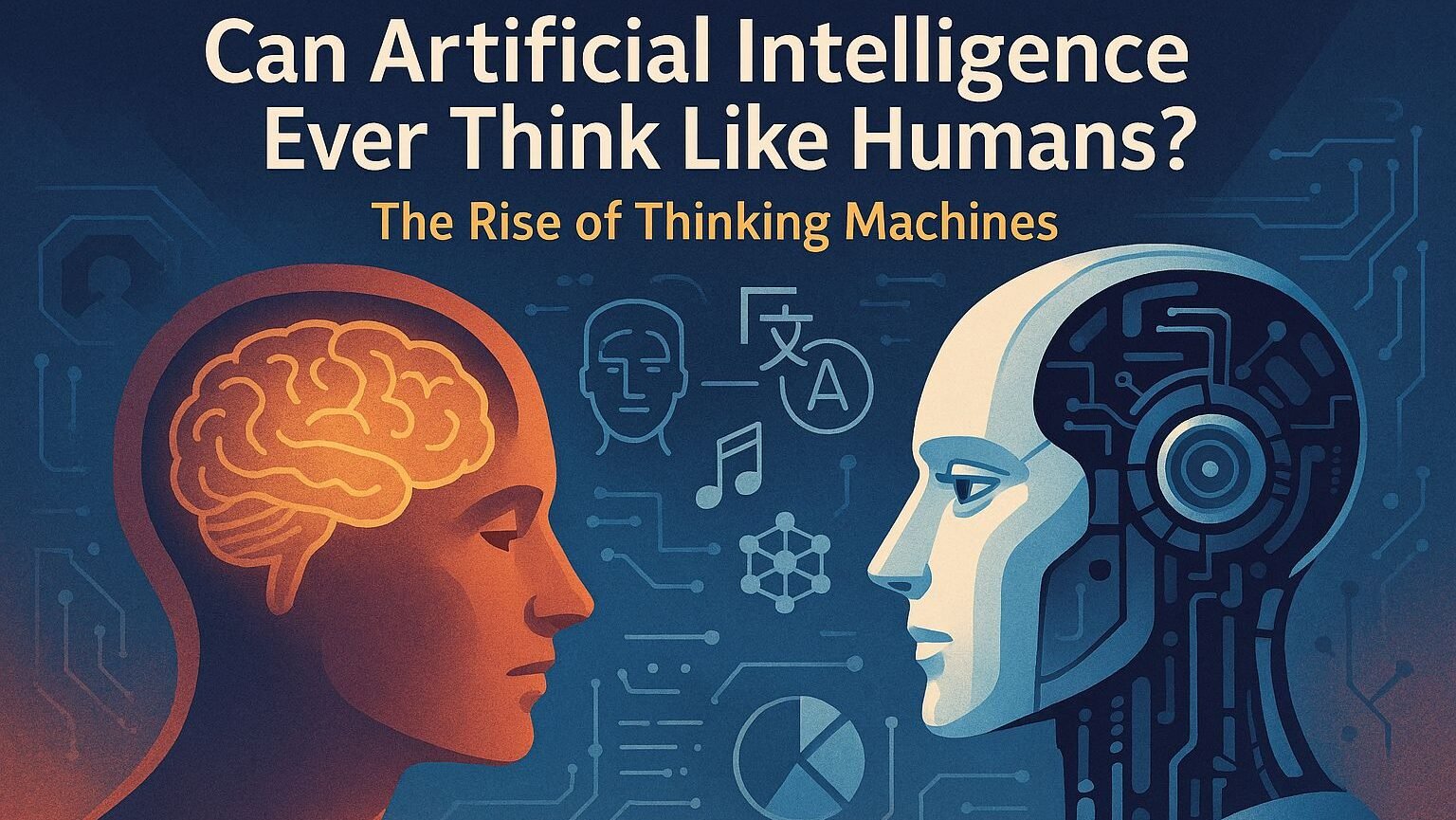Quantum Computing: The Technology Revolution of 2025
As we stride deeper into 2025, one technology stands out as the most transformative force reshaping our digital landscape: quantum computing. The United Nations has designated 2025 the International Year of Quantum Science and Technology, celebrating 100 years since the initial development of quantum mechanics.
This milestone year marks not just a celebration, but a pivotal moment when quantum computing transitions from experimental curiosity to practical reality, Quantum computing vacuum technology.
From Laboratory Dreams to Commercial Reality
The quantum computing industry has reached what experts call a “turning point.” In 2024, the QT industry saw a shift from growing quantum bits (qubits) to stabilizing qubits—and that marks a turning point. This fundamental change signals that mission-critical industries can now seriously consider quantum technologies for real-world applications.
The breakthrough came largely thanks to Google’s remarkable achievement with their Willow chip, which successfully broke the Quantum Error Correction (QEC) threshold. This advancement, alongside impressive collaborations like Microsoft and Quantum’s development of qubit virtualization techniques, has accelerated the field beyond anyone’s expectations.
The focus has shifted from simply adding more qubits to ensuring they work reliably and accurately.
For decades, quantum computing existed primarily in research laboratories and theoretical discussions. Today, major corporations are developing concrete roadmaps with specific timelines. IBM’s ambitious plan targets a quantum-centric supercomputer by 2025, while other industry leaders are making equally bold commitments. The technology that once seemed decades away is now measured in years, not generations.
Financial Sector: The Early Quantum Adopters
The financial industry is anticipated to become one of the earliest adopters of commercially useful quantum computing technologies. This isn’t surprising when we consider the industry’s heavy reliance on complex calculations, risk modelling, and optimization problems – exactly the kind of challenges where quantum computers excel.
Banks and financial institutions are already investing heavily in quantum research, recognizing its potential to revolutionize everything from fraud detection to portfolio optimization. The ability to process vast amounts of data and identify patterns that classical computers miss could provide unprecedented competitive advantages. Trading algorithms, credit risk assessment, and market prediction models are all prime candidates for quantum enhancement.
Insurance companies are particularly interested in quantum computing’s ability to analyse multiple scenarios simultaneously. This quantum superposition capability could transform actuarial science, enabling more accurate risk calculations and premium pricing. The technology promises to solve problems that would take classical computers years to process in mere hours or minutes.
Beyond Finance: Quantum’s Expanding Horizons
While finance leads the charge, other industries are quickly recognizing quantum computing’s potential. Healthcare researchers are exploring how quantum algorithms could accelerate drug discovery and genetic analysis.
The pharmaceutical industry, which typically spends over a decade developing new medications, could potentially reduce this timeline dramatically through quantum-enhanced molecular modeling.
Manufacturing and logistics companies are investigating quantum optimization for supply chain management. The technology’s ability to analyse thousands of variables simultaneously could revolutionize inventory management, route optimization, and production scheduling. Even small improvements in efficiency could translate to billions of dollars in savings across global supply chains.
The energy sector sees quantum computing as crucial for developing more efficient renewable energy systems and improving power grid management. Climate modelling, weather prediction, and materials science research could all benefit from quantum computing’s superior processing capabilities.
Challenges and the Road Ahead
Despite the excitement, significant challenges remain. Quantum computers are incredibly sensitive to environmental factors, requiring near-absolute zero temperatures and complete isolation from electromagnetic interference. The technology is expensive, complex, and requires specialized expertise that’s currently in short supply.
Security concerns also loom large. While quantum computers promise to solve certain problems faster than ever before, they also threaten to break many of the encryption methods currently protecting our digital infrastructure. This has sparked a race to develop quantum-resistant security protocols.
In 2025, attention is shifting to “agentic” AI models and systems capable of making autonomous decisions. The intersection of quantum computing with artificial intelligence represents perhaps the most exciting frontier, promising to create AI systems with unprecedented problem-solving capabilities.
As we progress through 2025, quantum computing is no longer a question of “if” but “when” and “how fast.” The technology that once existed only in the realm of theoretical physics is becoming the foundation for the next generation of computational power. Organizations that begin preparing for the quantum future today will be best positioned to leverage its transformative potential tomorrow. Quantum computing vacuum technology.





3 thoughts on “Quantum Computing: The Technology Revolution of 2025”